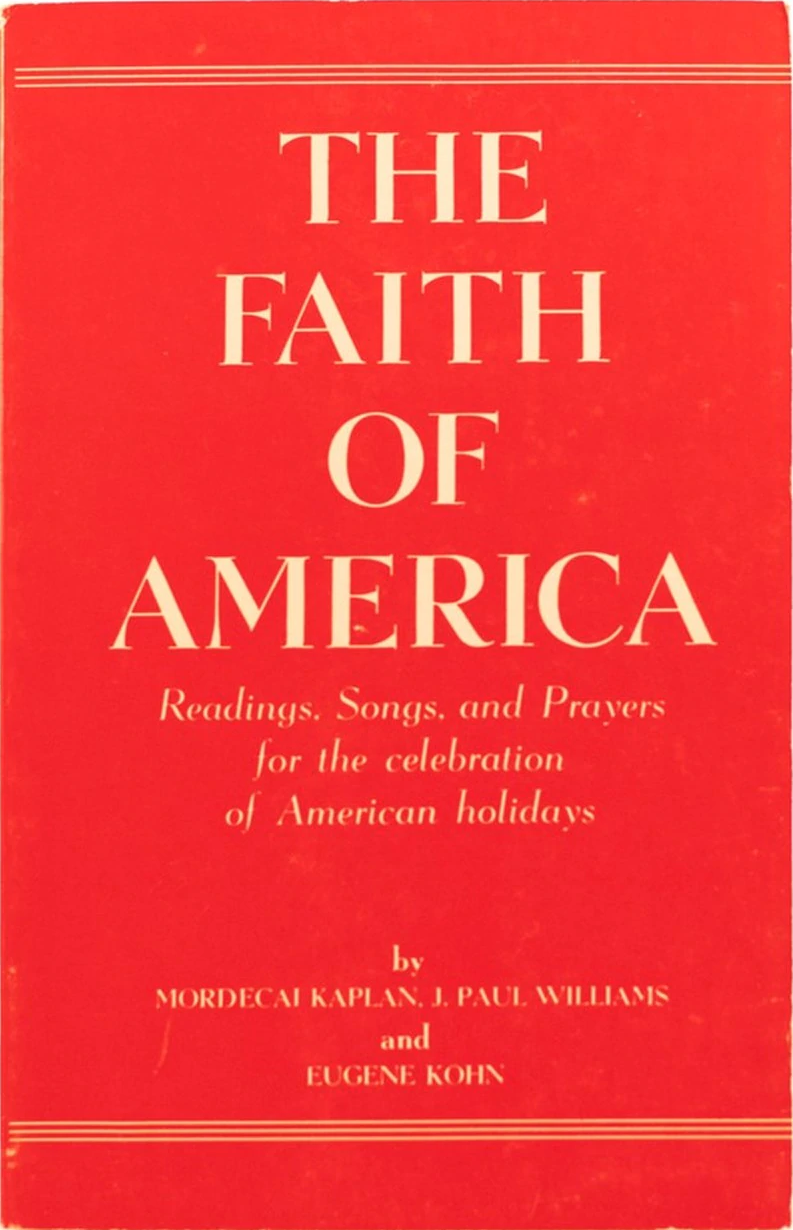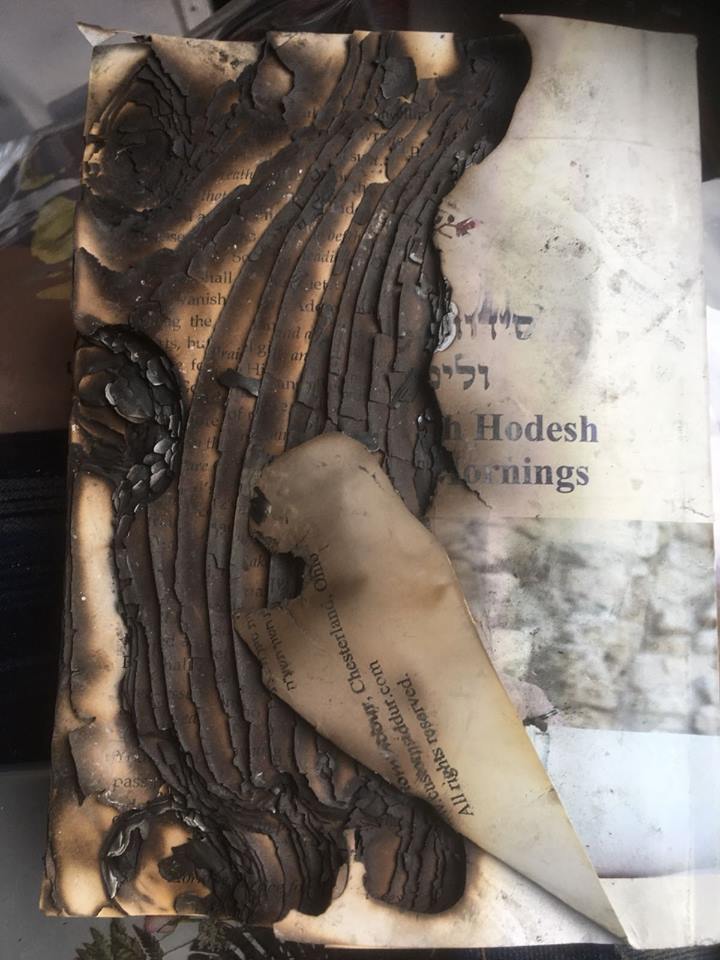Supplementary Prayers and Readings for the High Holidays (United Synagogue, 1934) is the first prayerbook compiled by Rabbi Mordecai Kaplan. The work is comprised of two parts. The first: introductions to various parts of the Rosh haShanah and Yom Kippur services intended to deepen the understanding and engagement of participants. The second: litanies of verses, mostly biblical but some from Ben Sira (Ecclesiasticus), each litany arranged on various themes. Although the entire work is presented in English, in his foreword to the work, Rabbi Kaplan expresses his hope that they will become available in Hebrew as well in future works. This indeed came to pass with the prayerbooks published by the Jewish Reconstructionist Foundation beginning with the Sabbath Prayer Book in 1945.

This work is in the Public Domain due to the lack of a copyright renewal by the copyright holder listed in the copyright notice (a condition required for works published in the United States between January 1st 1924 and January 1st 1964).
FOREWORD
In English-speaking congregations that use the traditional liturgy there are unmistakable signs of a growing demand for supplementary prayers and readings, which would translate the religious aspirations of our ancestors into terms of present-day experience. This condition is not without precedent in Jewish life. The large output of piyutim, or sacred verses, during the Middle Ages came in answer to a similar need. To be true to the living spirit of the Jewish religion, we should not content ourselves with past formulations of its ideals, but always seek to reformulate those ideals in terms of current situations and thought patterns. Every age should have its own piyut; and none should be more creative in that respect than ours. The infinite ramifications of modern life and knowledge reveal new and unsuspected implications in the religious insights of our prophets and teachers.
The arrangements of Scripture verses according to specific themes, which form the second part of this booklet, are equally precedented in such selections in the daily prayers as those which begin with “O give thanks unto the Lord etc.” or “Let the glory of the Lord etc.”, and in similar selections found in devotional and selihot prayers. Though some of the readings in this booklet are of special relevance to the High Holidays, most of them are equally appropriate on Sabbaths and festivals.
Both the intrinsic nature of Jewish services and the atmosphere most congenial to them logically require that all prayers and readings in the synagogue be rendered in Hebrew. It is only as an interim concession to an immediate need that those contained in this booklet are given in English. It is hoped that before long the Jewish spirit of our synagogues will be sufficiently rehabilitated to make it feasible for these prayers and readings to be published and recited in Hebrew.
Grateful acknowledgment is made to the Jewish Publication Society of America for permission to use in the arrangements of the scriptural verses the version given in its translation of the Bible, to the Oxford Press for permission to use in the selections from Ben Sira the translation given in Charles’ edition of the Apocrypha and Pseudepigrapha, and to the Society for the Advancement of Judaism for permission to use the scriptural arrangements contained in Part Ⅱ.
M. M. K.
CONTENTS
PART ONE
How to Number Our Days
Prayers during the Shofar Service
“The Days of Awe”
Malkuyot (Sovereignty) Verses
Zikronot (Remembrance) Verses
Shoferot (Trumpet) Verses
A New Heart and a New Spirit
The Spirit Returneth to God Who Gave It
The AvodahPART TWO
The Sovereignty of God
The Nations Summoned to Acknowledge God
God’s Justice and Mercy
God Eternal
God Our Refuge
God Everywhere
The Law of God
The Call to Righteousness
Integrity
The Fleeting and the Abiding in Human Life
Prayer for Forgiveness
God Marks Our Ways
In Praise of the High-Priest Simeon
Israel’s Prayer for Deliverance
The Restoration of Zion

“📖 Supplementary Prayers and Readings for the High Holidays, by Rabbi Mordecai Kaplan (1934)” is shared through the Open Siddur Project with a Creative Commons Attribution-ShareAlike 4.0 International copyleft license.








Comments, Corrections, and Queries